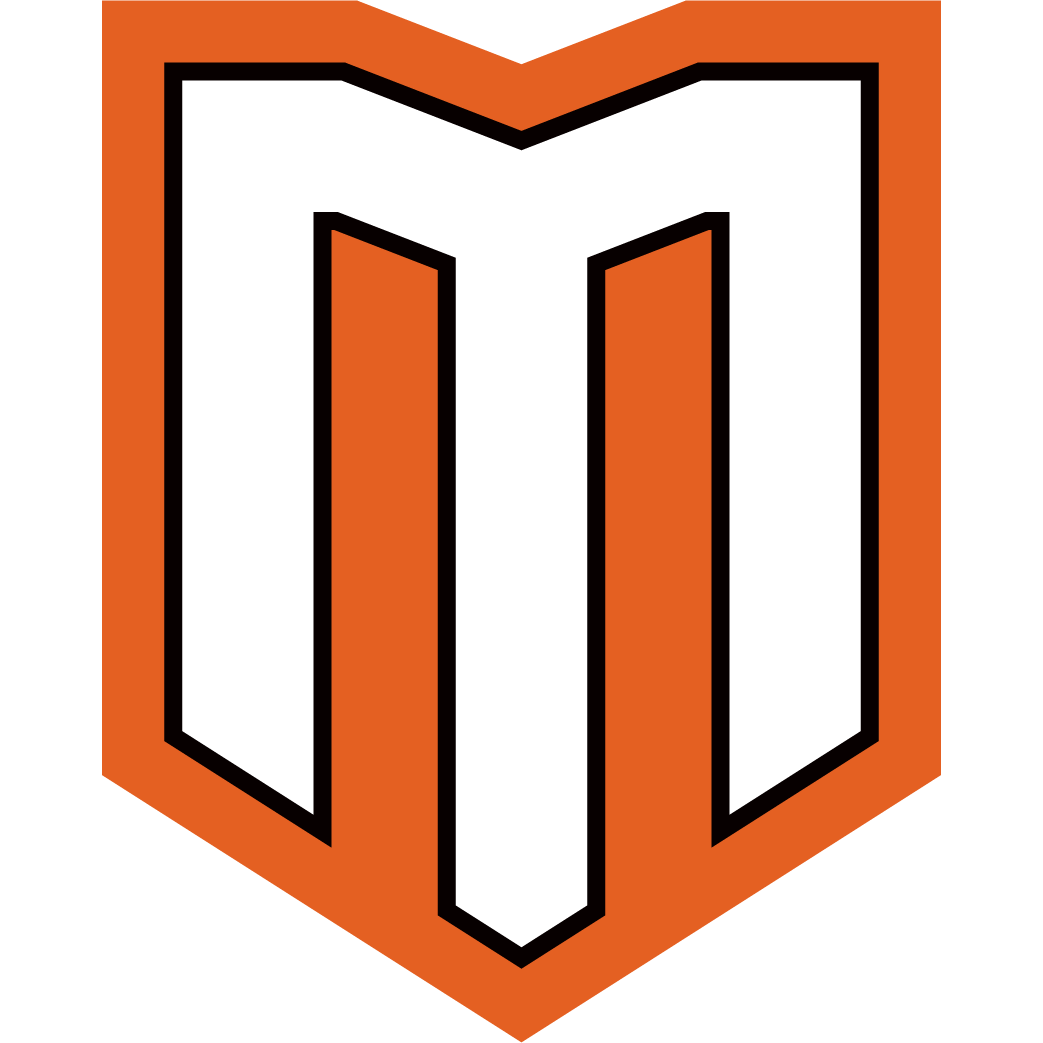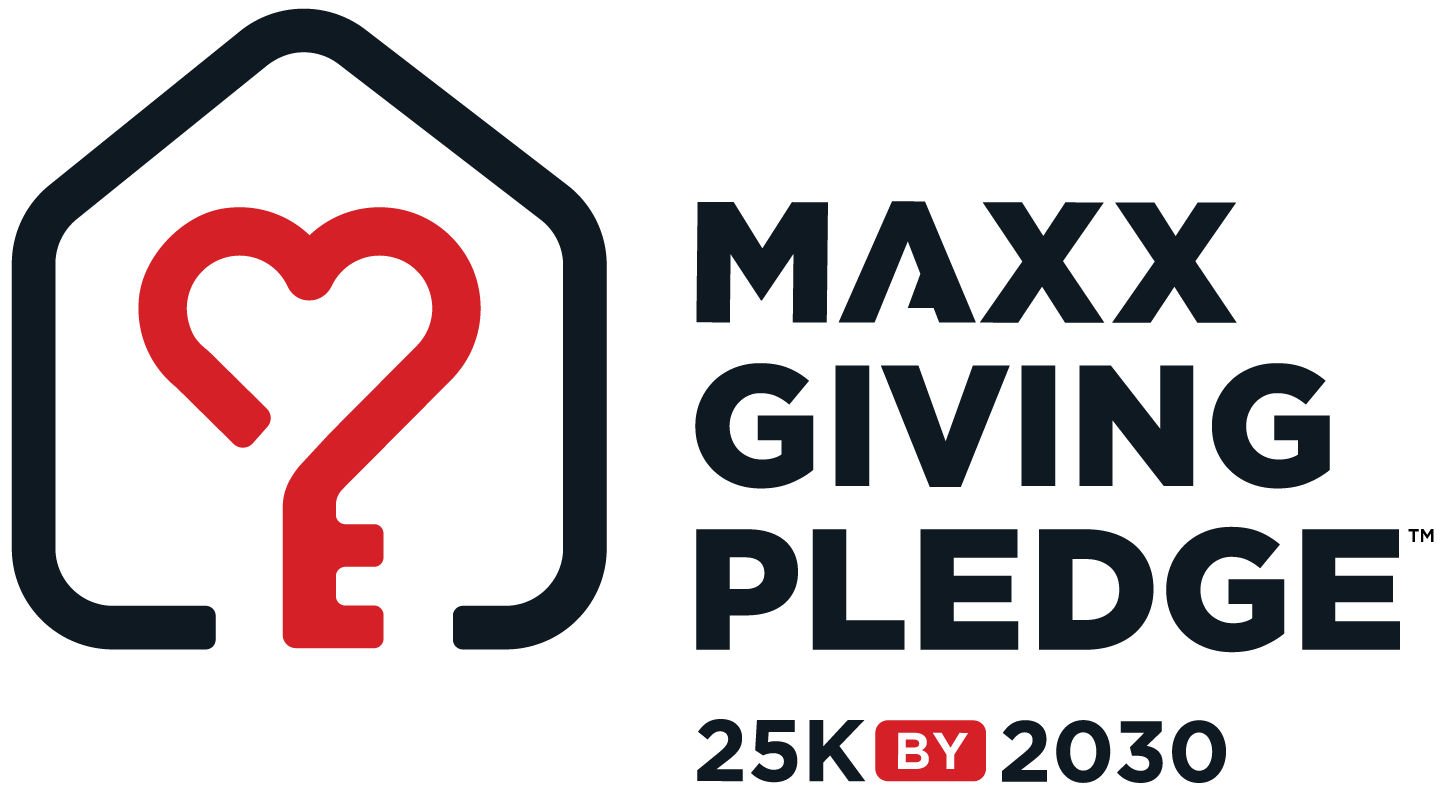
Roof Inspection Cost Near Me – Find Local Pricing & What’s Included
A healthy roof is your home's primary defense against the elements, protecting your family and your valuable assets. Regular roof inspections are crucial for identifying potential issues early, preventing costly repairs, and extending your roof's lifespan. If you're wondering, "What is the roof inspection cost near me for my home?", you're asking a smart question. While prices can vary, understanding the typical ranges and factors influencing them will help you budget and find a reputable inspector.
Typical inspection price range ($75–400)
The cost of a residential roof inspection in the U.S. can fluctuate based on the type of inspection, your home's characteristics, and your geographic location.
Average Range: For a standard visual, physical inspection of a residential roof, you can typically expect to pay between $75 and $400.
Basic vs. Comprehensive:
Lower End ($75-$150): This might cover a basic visual assessment from the ground or a quick walk-through on a simple, easily accessible roof. Some roofing companies might offer a basic inspection for free as part of a repair or replacement quote, though this can sometimes be less comprehensive than a paid, independent inspection.
Mid-Range ($150-$300): This covers most standard physical inspections by a qualified professional on an average-sized home with a moderately complex roof.
Higher End ($300-$400+): This range applies to larger homes, more complex rooflines, steeper pitches, or when specialized equipment like drones or thermal cameras (without a full thermal analysis) are utilized.
It's important to obtain detailed quotes and understand exactly what is included in the price.
When infrared or drone inspections add value
While traditional physical inspections are effective, advanced technologies like drones and infrared cameras offer unique benefits and are worth considering in specific situations, often for an additional cost.
Drone Inspections:
When They Add Value:
Safety & Accessibility: For roofs that are very steep, unusually high, or have difficult/dangerous access points, a drone can capture high-resolution imagery without putting an inspector at risk.
Speed: Drones can cover large or complex roofs much faster than a physical walk-through.
Documentation: They provide excellent visual records (photos and video) of the entire roof, which can be shared easily.
Cost Implication: Adding a drone component to an inspection might increase the cost by $50 to $150, or more for a standalone drone inspection with detailed analysis.
Infrared (Thermal) Inspections:
When They Add Value:
Detecting Hidden Moisture: This is their primary benefit. Infrared cameras detect subtle temperature differences on the roof surface. Areas where insulation is wet or compromised will show up differently (either hotter or cooler, depending on conditions) than dry areas, indicating hidden leaks or moisture trapped within the roof assembly that is invisible to the naked eye.
Energy Efficiency Audit: Can help identify areas of heat loss in winter or heat gain in summer, revealing insulation deficiencies.
Cost Implication: A full infrared scan for a residential roof is typically more specialized and can add $200 to $500 or more to the inspection cost, often making the total range for such a service $400-$700+. It's usually performed in specific environmental conditions (e.g., clear skies, specific time of day for optimal temperature differentials).
Consider a Hybrid Approach: For a comprehensive understanding of your roof's health, combining a physical inspection (for hands-on tactile checks) with drone footage (for inaccessible areas) and/or infrared (for hidden moisture) offers the most complete picture, though at a higher total cost.
How roof type and location influence pricing
Several characteristics of your home and its location will impact the final cost of a roof inspection.
Roof Size (Square Footage): Larger roofs naturally take more time to inspect and document, leading to higher costs.
Roof Pitch (Steepness): Steeper roofs require more safety precautions, specialized equipment (harnesses, ropes), and slower movement, increasing labor time and thus cost. Very low-slope or flat residential roofs also have specific inspection challenges.
Roof Material Type:
Asphalt Shingles: Most common and generally standard inspection costs.
Metal Roofing: May require inspectors familiar with specific fastener types, panel movement, and sealant details.
Tile (Clay/Concrete) or Slate: These materials are heavier, more fragile, and require specialized knowledge and extreme care during inspection, often leading to higher costs.
Wood Shake/Shingle: Can be more time-consuming to inspect for rot, moss, and loose pieces.
Roof Complexity: Roofs with multiple valleys, dormers, chimneys, skylights, vents, and other penetrations require more detailed attention to flashing and seals, increasing inspection time and cost.
Accessibility: Difficult or limited access to the roof (e.g., no safe ladder placement, overgrown landscaping) can increase inspection time and cost.
Geographic Location: Labor rates, cost of living, and regional market conditions vary significantly across the U.S. Expect higher inspection costs in major metropolitan areas compared to rural regions.
Inspector's Experience and Certifications: Highly experienced inspectors with specialized certifications (e.g., in thermal imaging, specific roofing materials) may charge more, but their expertise often justifies the cost.
What to expect in a professional roof inspection
A professional roof inspection should be thorough and culminate in a clear, actionable report. Here’s what you should expect:
Initial Assessment: The inspector will typically start with a ground-level visual assessment to look for obvious signs of damage or issues.
On-Roof Physical Inspection (when safe):
Surface Evaluation: Walking the entire roof surface, checking for granule loss (asphalt), cracking, curling, blistering, missing shingles/tiles/panels, and any signs of wear and tear.
Seams & Fasteners: Inspecting all seams, overlaps, and fastener points for signs of lifting, separation, or corrosion.
Flashing: Meticulously examining all flashing around chimneys, vents, pipes, skylights, and valleys for cracks, deterioration, or signs of water entry.
Drainage Systems: Checking gutters and downspouts for blockages, proper slope, and secure attachment.
Rooftop Structures: Assessing the condition of any skylights, chimneys, HVAC units, or other elements installed on the roof.
Attic Inspection (if accessible):
Looking for signs of water stains, leaks, mold growth, or poor ventilation that could impact roof health.
Checking insulation levels and its condition.
Detailed Report: You should receive a comprehensive written report, which typically includes:
An executive summary of the roof's overall condition.
Specific findings of any damage, wear, or deficiencies.
High-resolution photos or drone footage documenting all issues.
Clear recommendations for immediate repairs, ongoing maintenance, or potential replacement.
Sometimes, preliminary estimates for necessary work.
Discussion: The inspector should be available to discuss their findings with you, answer your questions, and explain their recommendations clearly.
How to get a reliable local estimate
To ensure you get a fair price and a quality inspection, follow these steps:
Seek Referrals: Ask friends, family, neighbors, or real estate agents for recommendations for reputable local roof inspectors or roofing companies.
Research Online: Search for "roof inspection near me" or "roofing contractors [your city/town]" and check online reviews on platforms like Google Business Profile, the Better Business Bureau (BBB), Yelp, and Angie's List.
Verify Credentials: Before getting a quote, ensure the company is:
Licensed: Check for current licensing in your state or municipality.
Insured: Confirm they carry General Liability and Workers' Compensation insurance. Request proof of current certificates.
Experienced: Inquire about their years in business and specific experience with your type of roof.
Get Multiple Quotes: Contact at least three different reputable companies. Provide them with the same information about your roof (size, material, age, known issues) to ensure comparable quotes.
Request a Detailed Scope: Ask each contractor exactly what their inspection includes, what kind of report you will receive, and if it's a visual, drone, or thermal inspection (or a combination).
Understand the Pricing Model: Clarify if the quote is a flat fee, hourly, or based on square footage. Ask if there are any potential additional costs.
Read the Contract: Before agreeing to any service, carefully read the contract to ensure all terms, costs, and deliverables are clearly outlined.
A professional roof inspection is a modest investment that provides immense peace of mind and can save you thousands in future repair costs. Don't wait for a leak to appear; proactive inspection is key to extending your roof's life and protecting your home. Masterpiece Roofing offers thorough and reliable residential roof inspections, providing you with a clear understanding of your roof's condition and tailored recommendations.
Concerned about your roof's health? Contact Masterpiece Roofing today for a professional roof inspection and a reliable estimate for your home.
Office: 1248 Highland St, Holliston, 01746 MA
(508) 882-6080
Email: office@buttonmasterpieceroof.com
Site: www.masterpieceroof.com
Assistance Hours
Mon – Fri 8:00am – 4:00pm

